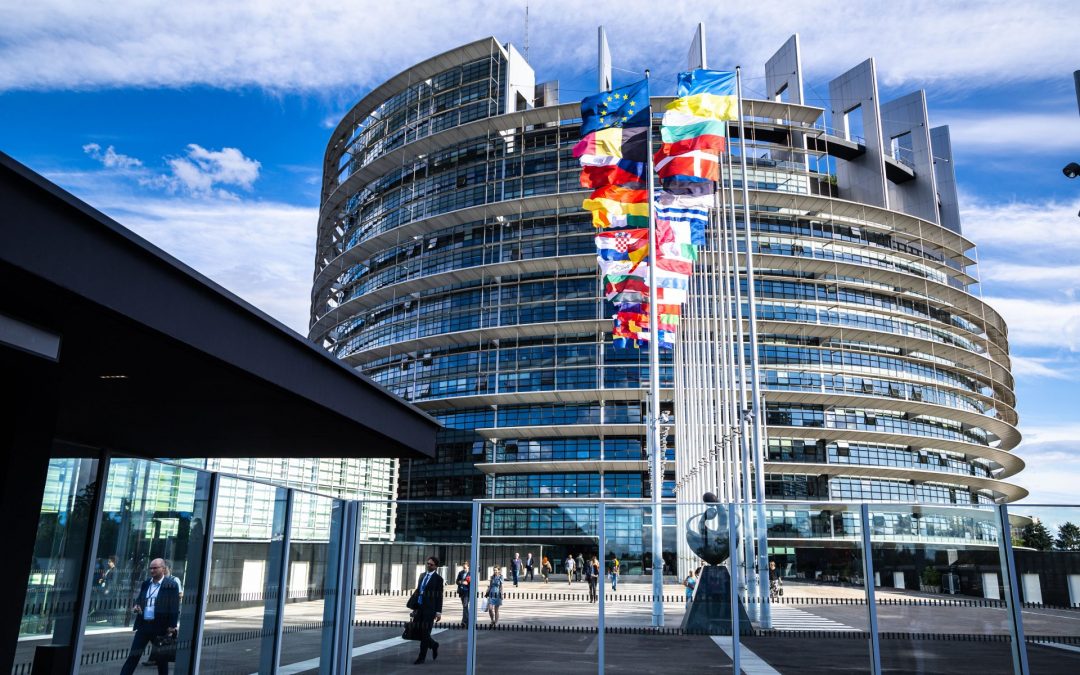Strasbourg – Today, in Strasbourg, MEPs elected 14 vice-presidents of the new European Parliament, resulting from the June elections. Eleven vice-presidents were elected in the first round, and three more MEPs succeeded in the second round. The Czech MEP from the “Patriots for Europe” faction, Klára Dostálová, and her colleague from the same faction, Fabrice Leggeri, were not among them. Similarly, the candidate of another far-right faction, Europe of Sovereign Nations (ESN), Ewa Zajaczkowská-Herniková, did not succeed. Klára Dostálová received 214 votes, but at least 333 were needed for election.
The Christian Democrats, socialists, and liberals had previously stated that they would try, as in the past, to apply the “cordon sanitaire” rule, which is an informal agreement between political groups to isolate the far-right faction. In practice, this means not allowing it to gain any high position in the EP. In the past, this was the case with the Identity and Democracy (ID) faction, and now it is similar with the Patriots for Europe, which has a similar composition.
In the first round of voting, not a single candidate from the Patriots for Europe or the new far-right faction Europe of Sovereign Nations (ESN) succeeded. “I take it as a test of democracy. If we call ourselves democrats here, respect democratic values, then we should respect the so-called d’Hondt method, which determines the number of seats across factions, even in the leadership of the European Parliament,” Dostálová told Czech journalists in Strasbourg. Given that the Patriots for Europe faction is the third largest, according to her, it should have the right to two vice-presidential seats and one questorship. “Now we will see in real practice how the individual factions really mean democracy,” added the Czech MEP, who is also the vice-chair of the faction.
According to comments from Brussels media, this election showed the application of the “cordon sanitaire” rule, which the spokesperson for the EPP faction had spoken about a few days ago. “We are negotiating with Renew and the socialists about a cordon sanitaire against the far-right and those who are pro-Russian,” said Pedro López de Pablo at the time. “We do not want these MEPs to represent the European Parliament externally,” he added. The Czech MEP Luděk Niedermayer from TOP 09, who also works in the EPP, expressed a similar opinion. “The prevailing view here is that they present such wild, unacceptable views on the European Union and its interest that it is not good for them to act as representatives of high positions,” he told journalists in Strasbourg about far-right representatives.
 go to the original language article
go to the original language article
